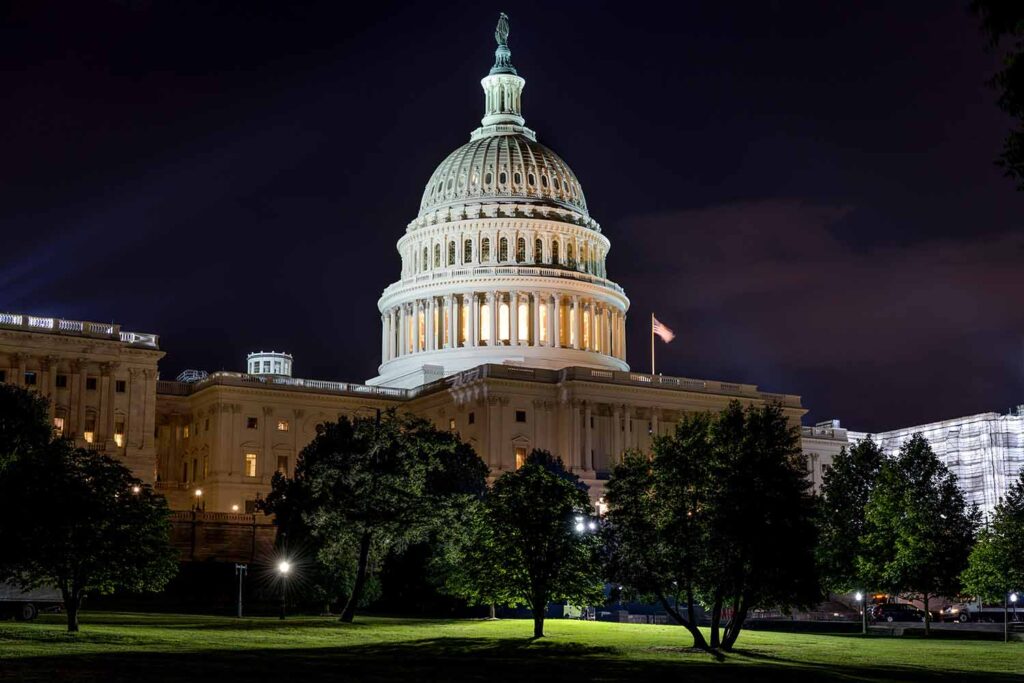
NRECA is working to protect a federal program that provides critical home heating and cooling assistance to millions of vulnerable American families.
On April 10, NRECA joined the American Public Power Association in urging Senate leaders to ensure that recent staffing cuts at the Department of Health and Human Services do not prevent the agency from administering the Low Income Home Energy Assistance Program (LIHEAP).
LIHEAP gives funding to states to defray consumers’ utility bills. Typically, consumers apply for assistance through their local LIHEAP office. If approved, they are granted credits on their energy bill, with the funds paid directly to the utility.
The program helps electric cooperatives meet the needs of their members. Co-ops serve over 90% of persistent poverty counties in the United States.
“Cuts to LIHEAP will impact those Americans who are least able to afford interruptions in energy services,” NRECA and APPA said in a letter to Sen. Bill Cassidy, R-La., chairman of the Senate Health, Education, Labor and Pensions Committee, and Sen. Bernie Sanders, I-Vt., the committee’s ranking member.
“We support efforts to improve efficiency within the federal government, especially if it means that more appropriated dollars will be available for energy assistance,” the letter stated. “But we urge your rigorous oversight of HHS to ensure that the recent elimination of staff from the energy assistance division does not mean that LIHEAP comes to a halt.”
In the short term, the two groups asked that HHS release about $400 million in remaining LIHEAP money appropriated to states for fiscal year 2025.
“Time is of the essence for those states that provide cooling assistance as we are quickly entering the warmer summer months,” the letter said. “Failure to release these funds in a timely way will mean that life-saving assistance dollars will sit at the U.S. Treasury rather than keeping service flowing uninterrupted to Americans in need.”
Both renters and owners are eligible for LIHEAP assistance, as long as they are responsible for paying utility bills. Higher benefits are given to households with the greatest home energy needs relative to income and the number of household members.
Molly Christian is a staff writer for NRECA.